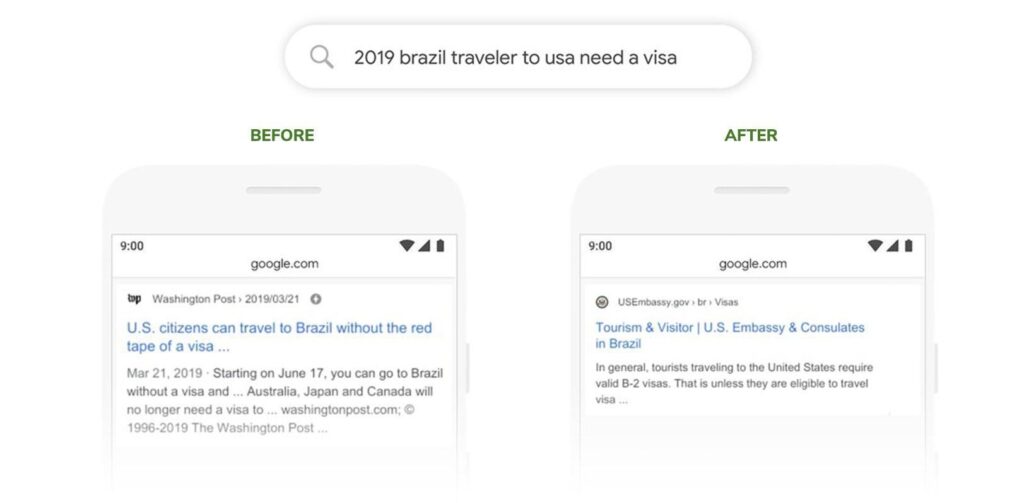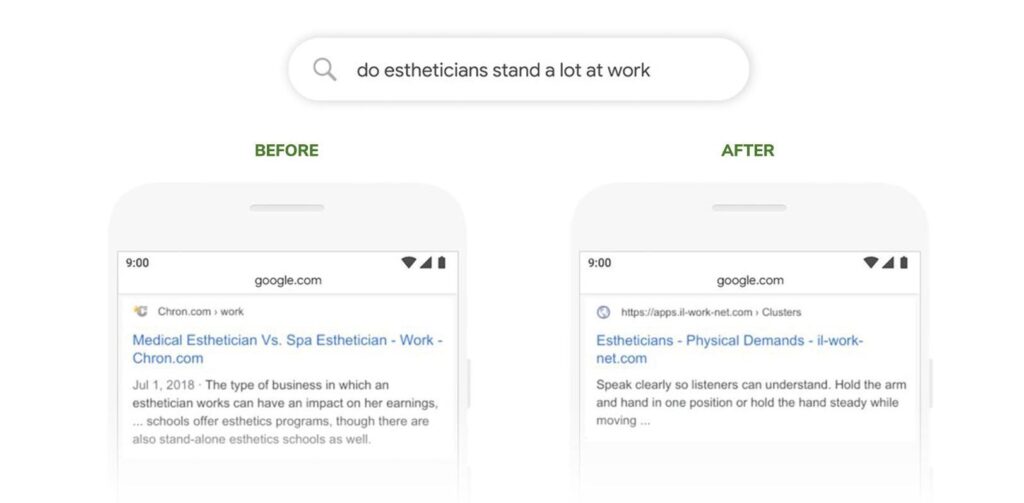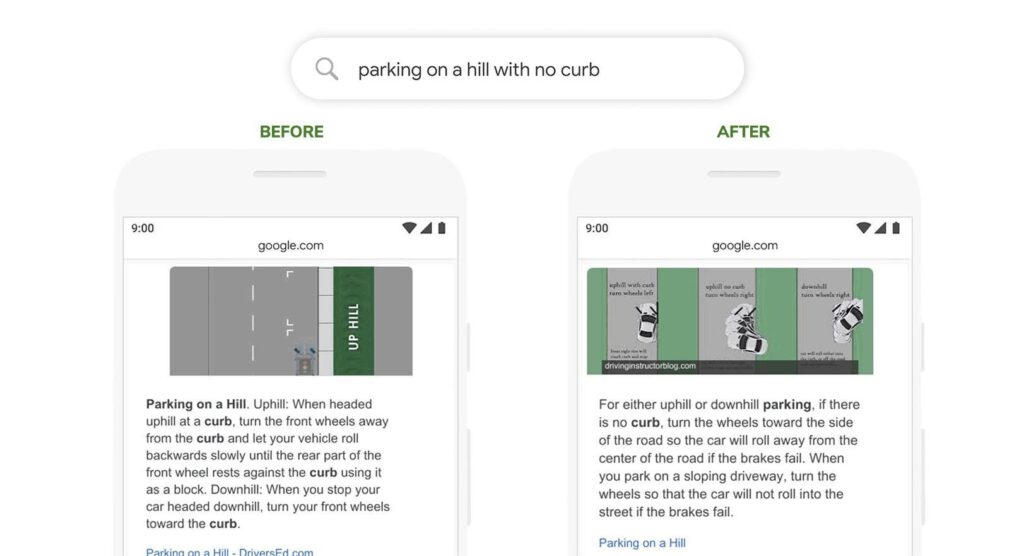What Does BERT Mean for Content Marketing?
Just before Halloween, Google rolled out one of the biggest algorithm changes in recent history, and it has SEO professionals scrambling to unmask its impact. It’s expected to affect 10% of all search activity on the world’s search engine powerhouse. Google cited the change as “representing the biggest leap forward in the past five years, and one of the biggest leaps forward in the history of search.”
What is BERT?
BERT is an AI neural network technique using natural language processing (NLP). BERT, which stands for Bidirectional Encoder Representations from Transformers, applies pre-trained data sets to better understand user queries in an effort to serve improved contextual results.
In the past, Google would evaluate your search query as a “bag of words” and remove stop words like “the”, “of” and “to” from your search query. The problem was that those words often helped to provide context to the user’s intent.
Google provided a few examples of how this would work:
A search for “2019 brazil traveler to usa need a visa,” the word “to” and its relationship to the other words in the query are important for understanding the meaning. Previously, Google wouldn’t understand the importance of this connection and would return results about U.S. citizens traveling to Brazil. “With BERT, search is able to grasp this nuance and know that the very common word “to” actually matters, and we can provide a much more relevant result for this query,” explained Pandu Nayak, Google Fellow and Vice President of Search.

In another example, a search for “do estheticians stand a lot at work,” Google would have previously matched the term “stand-alone” with the word “stand” used in the query. Google explained that BERT models can “understand that ‘stand’ is related to the concept of the physical demands of a job, and displays a more useful response.”

BERT will also impact Featured Results in search.
Here the phrase “parking on a hill with no curb” is used to illustrate the impact. Previously, the algorithm would rely heavily on the word “curb” and exclude the word “no” resulting in a featured snippet outlining how to park on a hill with a curb. With BERT, the phrase now includes “no curb” providing a relevant result.

What Does It Mean For SEO?
For years, Google has been rewarding quality content in search and this change is the natural progression. Who doesn’t want a better search result? If Google is able to serve more applicable results based on the user’s query then this evolution is clearly a welcomed improvement. Perhaps the only people who are going to view this change negatively are those whose ranks diminish as a result.
Writing quality content for users (not search engines) is still the priority for SEO and content marketers, and will only become more critical.
Can I Optimize Content For BERT?
Probably not. When Rank Brain algorithm changes were released five years ago, Google told us this was not possible and similar thinking prevails here. Marketers and small businesses should remain focused on writing content for users and that isn’t going to change. BERT will simply look to return better search results for similar queries than Google had in the past.
A good amount of buzz has picked up surrounding these changes from ads promoting everything from “BERT Optimization Experts” to wild assumptions and theories on BERT. In this early stage, no one in the SEO world has even had an opportunity to evaluate the true impact, so jumping to conclusions at this point makes no sense. Content marketers should be focused on creating compelling quality content. Period.
What BERT Means for Long-Tail and Voice Search
If pushed for a prediction, BERT could help marketers who are looking at long-tail keyword phrases as part of their strategy, and we’ll likely see a rise in long-tail focused content.
Along those lines, we can expect BERT to improve voice-related searches in the Google network on mobile devices and Google Home products. These searches are inherently long-tail as people often use conversational language when searching with speech. The ability to add more context to a search query should mean a significant boost for Google Voice Search.
Is BERT Helping or Hurting My Traffic?
With BERT’s recent roll out, we’re unlikely to gauge its impact just yet. But after several more weeks, you can look at search traffic analytics and try to understand its impact. Reviewing top landing page changes will help you see how, and if, BERT may be playing a part in any changes.

